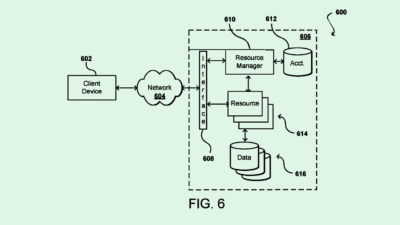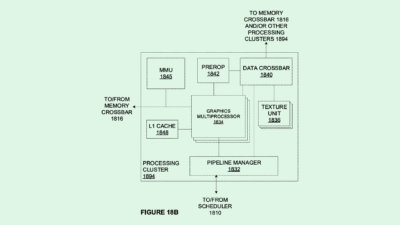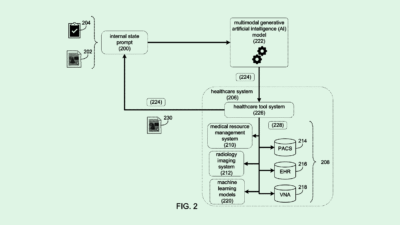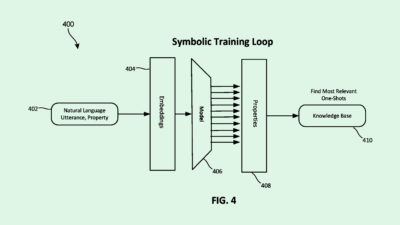Amazon Patent May Stabilize Quantum Computers
The stability of qubits has long posed a barrier to scaling quantum computers.
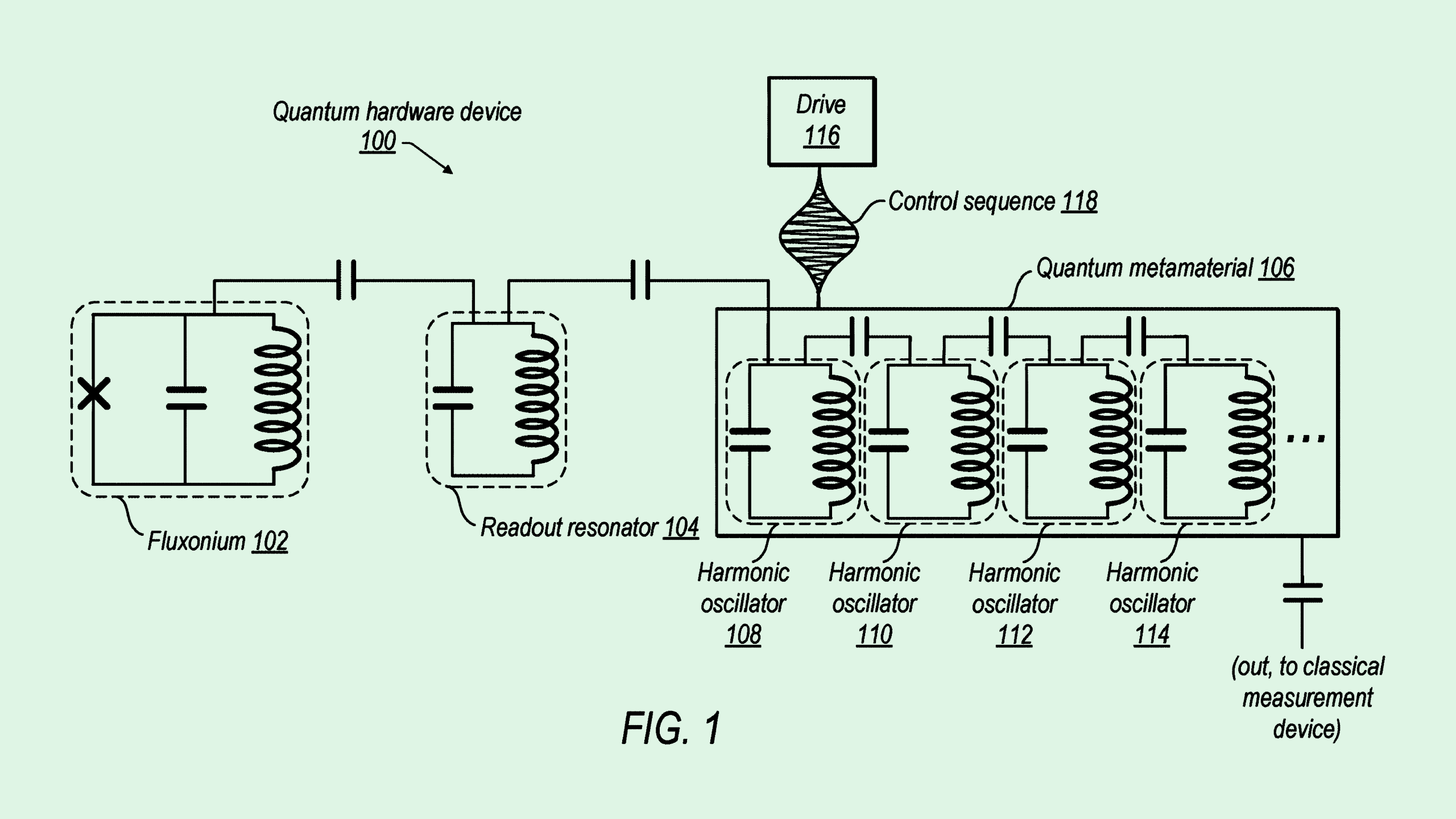
Sign up to get cutting-edge insights and deep dives into innovation and technology trends impacting CIOs and IT leaders.
Not all quantum bits are created equal.
Amazon is seeking to patent a system for the “readout and reset of fluxonium qubits.” For reference, “fluxonium” isn’t a term out of science fiction – it is a kind of quantum bit that’s known for being more stable and having longer coherence times than others used in quantum computing.
Amazon’s system seeks to harness these bits by reading their state and resetting them after each quantum-computing operation. It uses what’s called a “readout resonator,” which extracts information from a qubit to a “quantum metamaterial” that’s made to interact with signals coming from quantum components, allowing the system to understand the condition of the qubit without disturbing it.
While it may sound esoteric, the goal is to make quantum algorithms more precise, faster and more efficient. Patents like these signal a broader interest from tech giants in overcoming the major barriers present in scaling quantum technology.
Amazon isn’t new to the quantum game. Earlier this year, the company joined the likes of Microsoft and Google in debuting its own quantum chip called Ocelot. The company claims that Ocelot can cut the costs of error correction by up to 90% compared with current approaches, representing another step towards scalable quantum computing.
And though it doesn’t operate its own quantum computer, Amazon Web Services has long offered access to quantum computing through a program called Amazon Braket, remotely allowing customers to use quantum devices from a number of different firms.
Though the quantum race is quickly picking up the pace, it’s still too nascent to see who the frontrunners will be. By filing patent applications that seek to make the tech more stable and usable, however, Amazon may be trying to get its foot in the door early.

